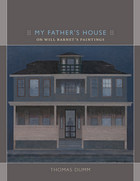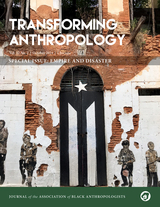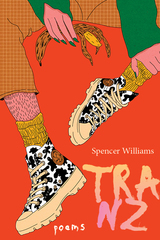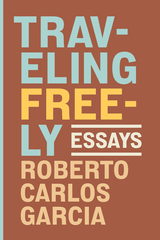2 books about 1911-2012

My Father's House
On Will Barnet's Painting
Thomas Dumm
Duke University Press, 2014
In My Father's House, the political philosopher Thomas Dumm explores a series of stark and melancholy paintings by the American artist Will Barnet. Responding to the physical and mental decline of his sister Eva, who lived alone in the family home in Beverly, Massachusetts, Barnet began work in 1990 on what became a series of nine paintings depicting Eva and other family members, as they once were and as they figured in the artist's memory. Rendered in Barnet's signature quiet, abstract style, the paintings, each featured in full color, present the ordinary and extraordinary aspects of a twentieth-century American family.
Dumm first became acquainted with Barnet and his paintings in 2008. Given his scholarly focus on the lives of ordinary people, he was immediately attracted to the artist's work. When they met, Dumm and Barnet began a friendship and dialogue that lasted until the painter's death in 2012, at the age of 101. This book reflects the many discussions the two had concerning the series of paintings, Barnet's family, his early life in Beverly, and his eighty-year career as a prominent New York artist. Reading the almost gothic paintings in conversation with the writers and thinkers key to both his and Barnet's thinking—Emerson, Spinoza, Dickinson, Benjamin, Cavell, Nietzsche, Melville—Dumm's haunting meditations evoke broader reflections on family, mortality, the uncanny, and the loss that comes with remembrance.
Dumm first became acquainted with Barnet and his paintings in 2008. Given his scholarly focus on the lives of ordinary people, he was immediately attracted to the artist's work. When they met, Dumm and Barnet began a friendship and dialogue that lasted until the painter's death in 2012, at the age of 101. This book reflects the many discussions the two had concerning the series of paintings, Barnet's family, his early life in Beverly, and his eighty-year career as a prominent New York artist. Reading the almost gothic paintings in conversation with the writers and thinkers key to both his and Barnet's thinking—Emerson, Spinoza, Dickinson, Benjamin, Cavell, Nietzsche, Melville—Dumm's haunting meditations evoke broader reflections on family, mortality, the uncanny, and the loss that comes with remembrance.
[more]

Will Barnet
Christopher Green
The Artist Book Foundation, 2024
Will Barnet’s artistic career as a painter and printmaker spanned nearly eight decades of continuous creativity. Few artists, other than perhaps Picasso or Monet, can claim such an extended period of uninterrupted and innovative art making. From the darkness of the Great Depression to the opening decade of the twenty-first century, his oeuvre reflects his unique interpretation of the art world’s evolving genres: Social Realism, Modernism, Abstract Expressionism, and ultimately representational Minimalism with the human figure as his primary subject.
Barnet was devoted to making art every day and worked diligently even at the very end of his life. “The Old Masters are still alive after 400 years, and that’s what I want to be,” he once said. “At the age of 10 or 12, I discovered that being an artist would give me an ability to create something which would live on after death.” Live on it does; in addition to his acclaimed body of work, he influenced a broad spectrum of artists such as Jackson Pollock, Mark Rothko, James Rosenquist, Cy Twombly, and Ethel Fisher, and he held teaching positions at the Cooper Union, Yale University, and the Pennsylvania Academy of the Fine Arts.
Barnet’s works can be found in nearly every major public collection in the United States, including the Whitney Museum of American Art, The Metropolitan Museum of Art, the Museum of Modern Art, and the National Gallery of Art. He was the recipient of numerous awards, including the first Artist’s Lifetime Achievement Award Medal given on the occasion of the National Academy of Design’s 175th anniversary. He was also awarded the National Medal of Arts by President Barack Obama in 2011.
The Artist Book Foundation is delighted and honored to announce the upcoming publication of Will Barnet, the first comprehensive monograph on the artist in nearly 40 years. With scholarly essays by the four distinguished authors, an extensive plate section, a comprehensive chronology, lists of awards and exhibitions, as well as a detailed bibliography, this monograph will be a thorough presentation of Barnet’s iconic images and consistently evolving style while celebrating his unquenchable joie de vivre.
[more]
READERS
Browse our collection.
PUBLISHERS
See BiblioVault's publisher services.
STUDENT SERVICES
Files for college accessibility offices.
UChicago Accessibility Resources
home | accessibility | search | about | contact us
BiblioVault ® 2001 - 2024
The University of Chicago Press









